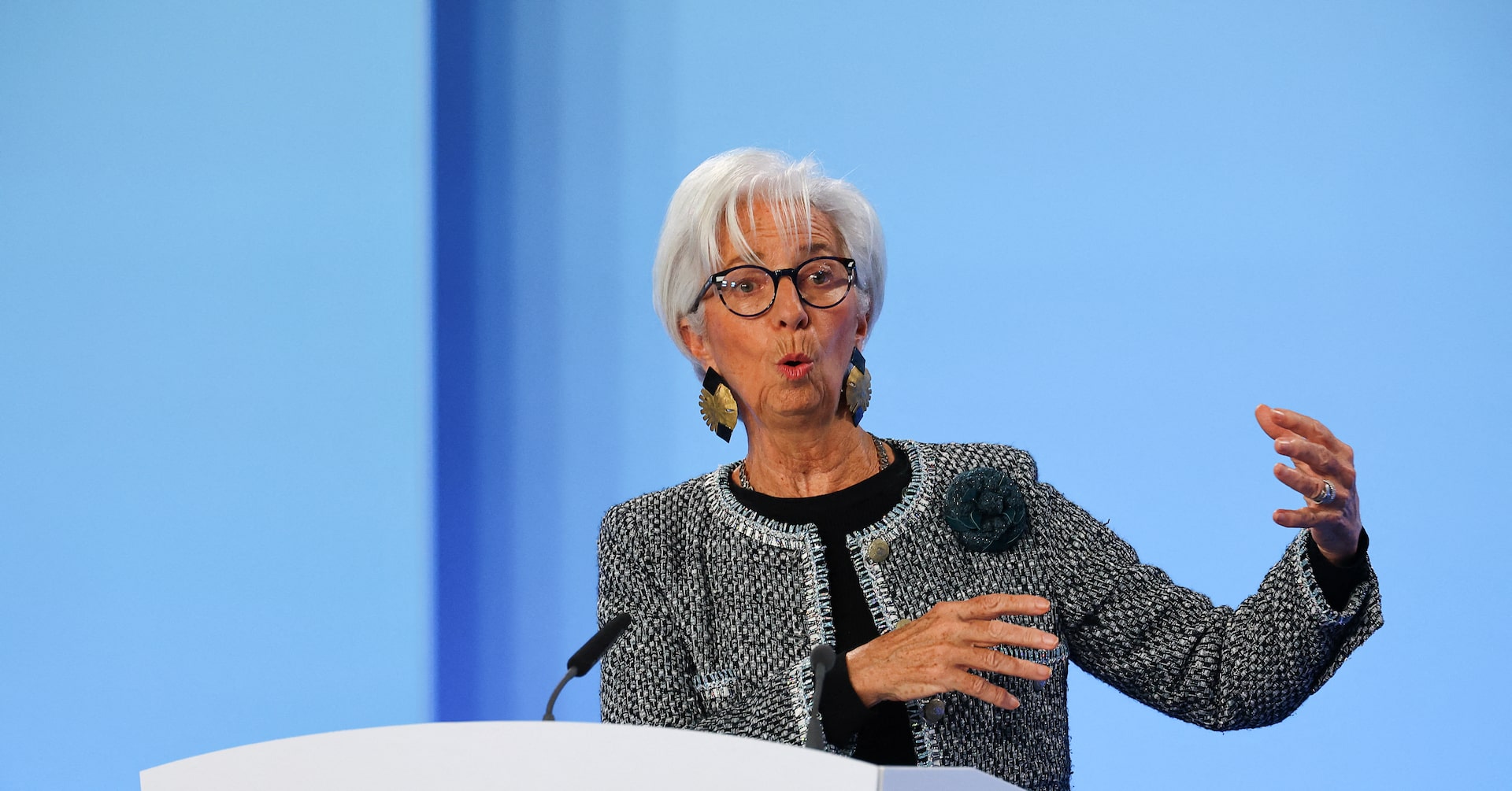Manufacturing Comeback: Lagarde Warns Trump's Reshoring Plan May Backfire

In a bold critique of U.S. trade policy, European Central Bank President Christine Lagarde challenged President Donald Trump's manufacturing revival strategy on Wednesday. Lagarde suggested that the administration's approach of erecting trade barriers might be fundamentally flawed, particularly given the current economic landscape where the economy is already operating at near-maximum capacity.
The seasoned economic leader raised concerns about the potential effectiveness of protectionist measures, implying that simply increasing trade restrictions may not yield the desired results for domestic manufacturing. Her comments highlight the complex interplay between trade policy, economic performance, and global economic dynamics.
By questioning the wisdom of Trump's trade barriers, Lagarde provides a nuanced perspective on the challenges of revitalizing domestic manufacturing in an increasingly interconnected global economy. Her remarks underscore the need for more sophisticated and strategic approaches to economic development and international trade.

